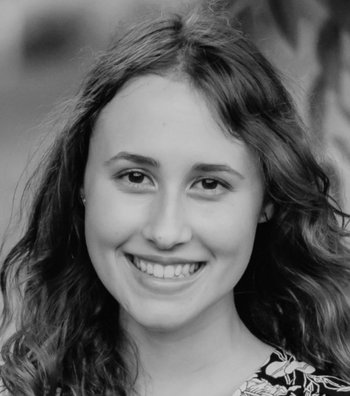Professors, teachers do NOT want to go back to work this fall
Although the University of North Carolina at Chapel Hill has announced that students will return to campus this fall, but professors are vehemently opposed.
The faculty says it's "nearly impossible" for a safe return to campus this fall.
Colleges may be moving ahead with plans to open in the fall, but not every professor is on board.
Many colleges are already planning for in-person classes in the fall, a move that will satisfy students disillusioned with distance learning and eager to experience brick-and-mortar benefits such as residential life. Recent statistics have found that 65 percent of students would attend in-person classes in the fall if given the opportunity, and an overwhelming 90 percent of students who have moved to online class options say they are unhappy with distance learning options.
For faculty, however, the way forward is not so clear.
Although the switch to online education proved challenging for instructors, some are not enthusiastic about a return to campus.
[RELATED: This school just announced fall classes will ‘at least start virtually’]
At the University of North Carolina at Chapel Hill, faculty are calling the school’s plans to open in the fall dangerous and misguided.
Associate professor Michael Palm says he is “ashamed” of the decision, and that he plans on continuing to teach his classes online.
“I think we’re introducing far greater risk into the campus community and into the surrounding communities by inviting thousands of students from across the state and across the country to return to campus and to gather in confined spaces like classrooms and dorms and dining halls,” said Palm.
“All the data suggest people are going to get sick,” UNC-Chapel Hill English Professor Florence Dore said, according to North Carolina Policy Watch. “I guess I just don’t understand why we’re not staying online until things improve.”
UNC social medicine professor Sue Estroff said, “I, for one, can’t imagine not being with students, but I have no idea how to teach with a mask on. If anybody here thinks they can be understood in a classroom with a mask on, you are better at it than me.”
Asked about how the university will respond to concerns for faculty safety, UNC-Chapel Hill directed Campus Reform to a statement which reads: “We will work to balance individual needs for flexible work arrangements with the broader needs of the campus unit/department and the overall University mission.”
The Campus Faculty Association (CFA) at the University of Illinois released a statement announcing its opposition to reopening in the fall, saying that “adequate protection on a residential campus the breadth and size of ours is nearly impossible.”
“We unequivocally oppose any plan to reopen campus that poses lethal risks to our community,” wrote the association.
CFA members support the administration’s establishment of a protocol that provides pay and benefits during the pandemic and ask that it be maintained as long as necessary. They also say that the college has the resources to avoid layoffs.
“Rather than allocating university resources to mitigate a crisis of our own making, let us work together to protect the lives and livelihoods of our entire community while providing the best online education and virtual campus life we can,” the letter concludes.
Similar anxiety over reopening has characterized responses to K-12 schools’ plans and announcements.
[RELATED: Students to be welcomed back to campus by virus testing ROBOTS, teachers behind glass]
The Philadelphia Federation of Teachers (PFT) polled more than six thousand members in mid-May for their feedback on school reopening. Their responses indicate overwhelming concern toward currently proposed protocols, particularly regarding the maintenance of sanitary conditions, access to cleaning supplies, and enforcement of social distancing and other procedures.
Health remains an area of uncertainty for many teachers: “How will the district deal with teachers who have underlying medical conditions to COVID19 and are afraid to return to open worksites?” asked one survey respondent.
Other health-related concerns include ensuring the safety of cohabitants and “possible discriminatory actions against older teachers or teachers in other at-risk/vulnerable categories.”
“Teachers WILL die if schools reopen too early. Students WILL get exposed and potentially long-term consequences of the virus we don’t yet know enough about…” a respondent submitted. “I know we can’t stay home forever, but our schools are woefully unprepared -- in many respects, through no fault of their own -- to deal with the challenges ahead and sacrificing actual human lives because people are getting antsy at home is something I won’t personally be a part of.”
“Please do not open the schools,” wrote another. “We can make online learning work.”
Follow the author of this article on Twitter: @MariaTCopeland

